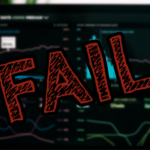Reflections on the making of the Review 2023 spring issue, from the editorial team

For the first time in three years, the Review of Journalism has been assembled by a team of students entirely in a physical building. As we return to work in person, we consider the time we spent apart, and how much of an impact it has had on both our magazine and the industry it covers—the ways we have returned to normal, the ways we have changed, and the chances we have missed.
The magazine in your hands is one symbol of renewal. Our dimensions have changed for the first time in six years. We’re narrower, and a little taller. A new logo graces the cover. While many writers and contributors are credited throughout these pages, this magazine wouldn’t be possible without the tireless work of several people behind the scenes. Visuals editor Katrina McGaughey oversaw the redesign and ensured the magazine was visually appealing. Head of research Rachel DeGasperis made certain each piece was thoroughly fact-checked. Copy editor Leslie Sinclair kept the copy crisp. And production editor Maddy Mahoney’s people skills guaranteed that everything moved along on schedule.
Online, we’ve been hard at work trying new things, introducing interactive elements. In these pages, Timothy Cooke examines how deep-dive podcasts have emerged as a genre of note, and, appropriately, Silas Le Blanc’s feature story “The House Always Wins” is told in podcast form (see the QR code on page 121).
In some ways, we see encouraging changes rippling through the journalism industry. Charlize Alcaraz looks into how AI is being used to streamline editorial decisions at The Globe and Mail, while Carly Penrose charts how sports journalism adapted to lockdowns by emphasizing investigative reporting—in the process uncovering important stories of abuse.
Yet, not every newsroom came out of the pandemic unscathed. Anthony Milton explores the recent history of Now magazine, as it weathered union battles, pandemic cuts, bankruptcy, and, finally, a transformation into a digital-only brand. Emily Clare Elliott takes us inside the cabs of the “Freedom Convoy” and the minds of journalists who fought their way through misinformation and distrust.
Some things stayed, depressingly, the same. Aloysius Wong probes the CBC, where questionable hiring practices leave long-time employees stuck in short-term contract hell. Christin El-kholy investigates the workplace culture at the Toronto Star, and the ways it can sideline voices outside the mainstream. And Hyeji Yoon takes aim at Canadian media’s persistent stereotyping of North Korea—and the resulting shallow journalism.
With these and other stories, the Review has stayed true to its mandate of holding the Canadian media to account. It’s never easy: like all others before it, this issue is the product of early-career journalists, figuring it out as they go, often late into the night. This year we do so in the absence of beloved long-time instructor Stephen Trumper, who died at age 69 on January 4, 2023. Alumnus Justin Dallaire remembers him and his matchless contributions to the magazine on page 5. We hope this issue honours his memory.
Anthony Milton, managing editor, print
Rachel DeGasperis, head of research
Silas Le Blanc, managing editor, podcast
Carly Penrose, managing editor, online
Katrina McGaughey, visuals editor














